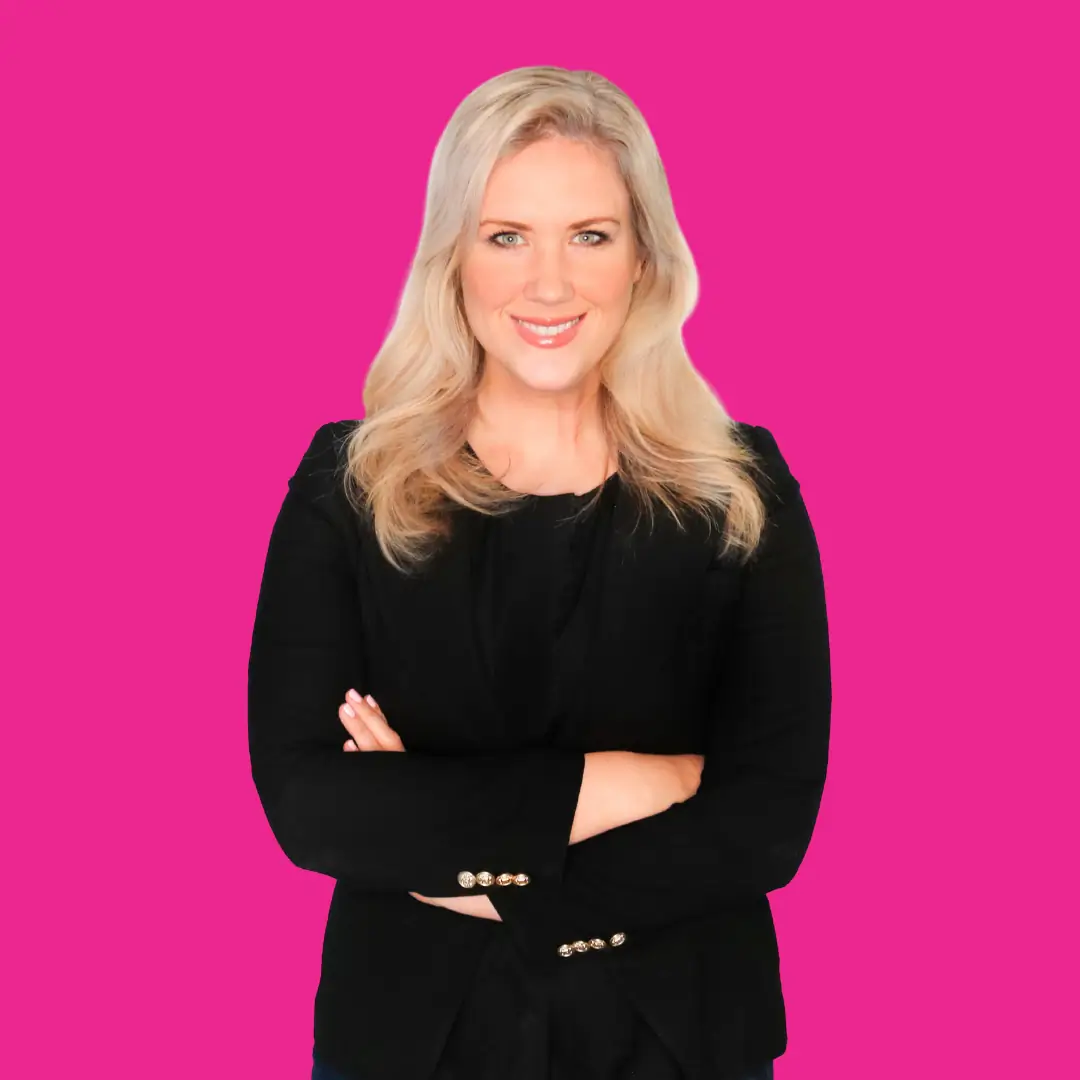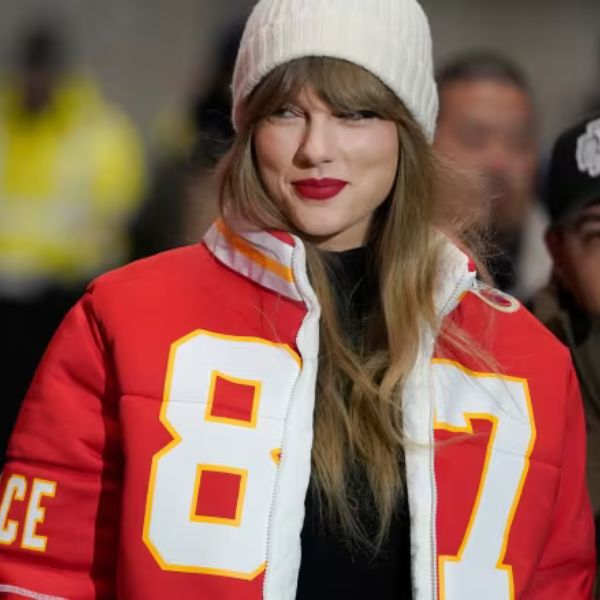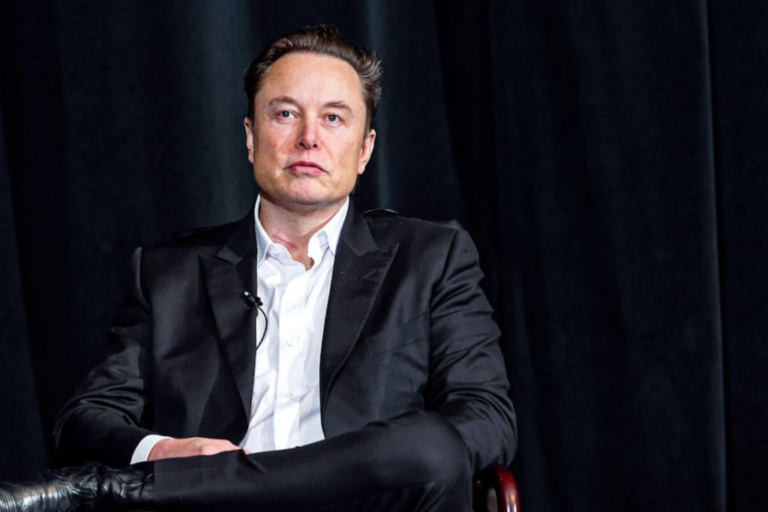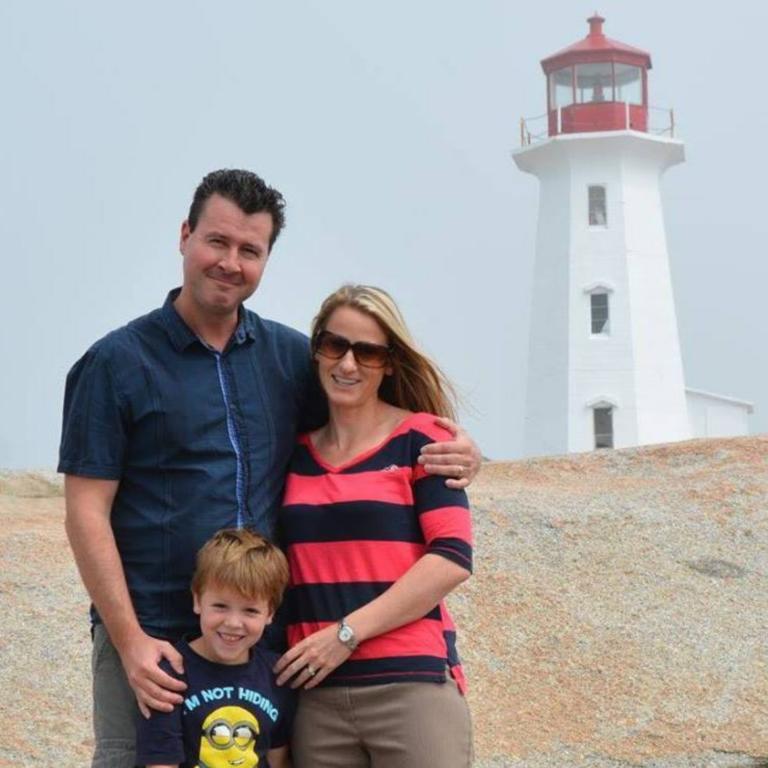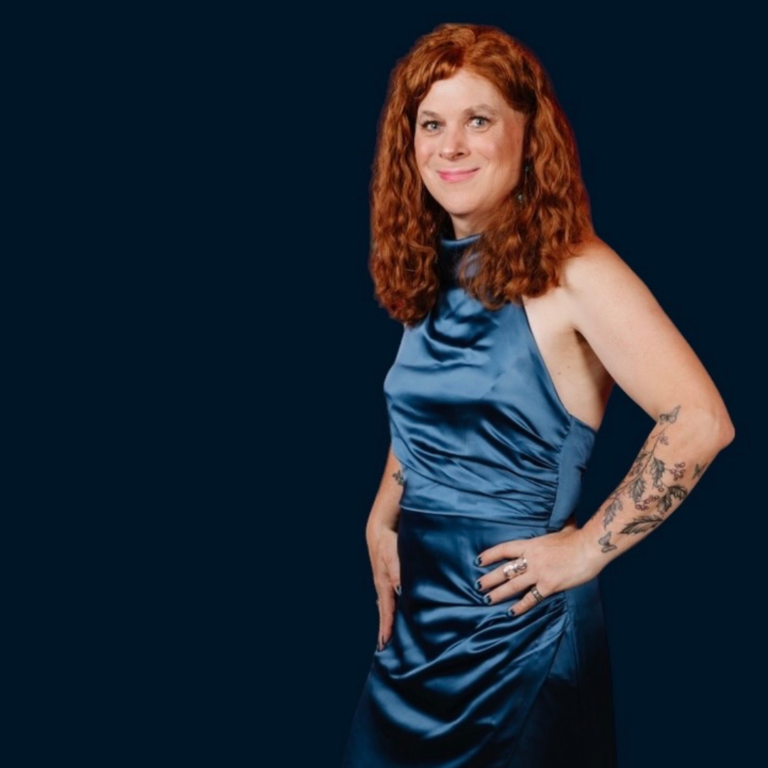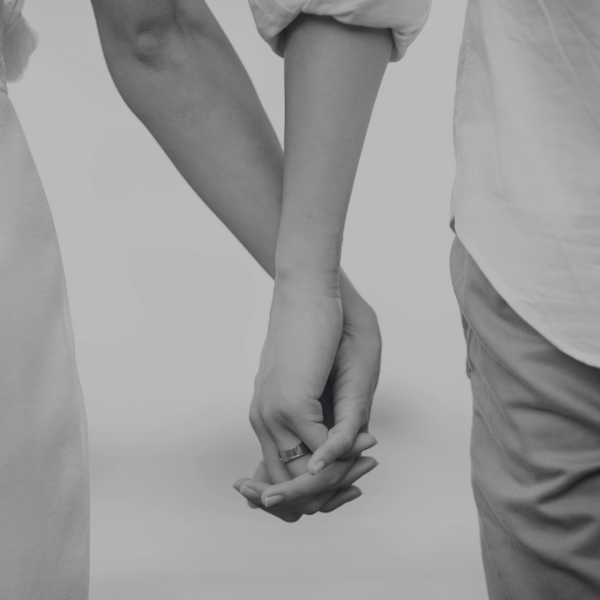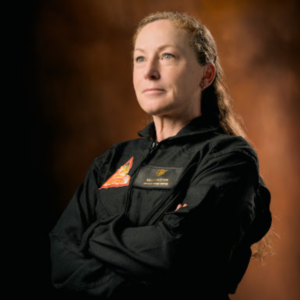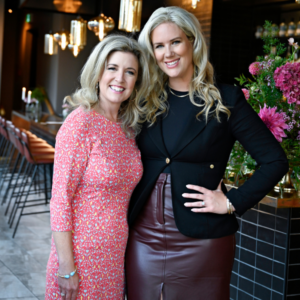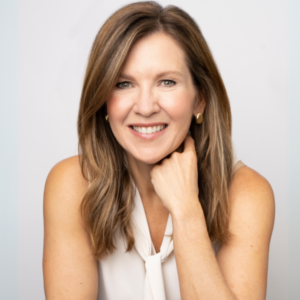Blake Lively takes a stand: A lawsuit that sparks a larger conversation
Celebrity23.12.2024
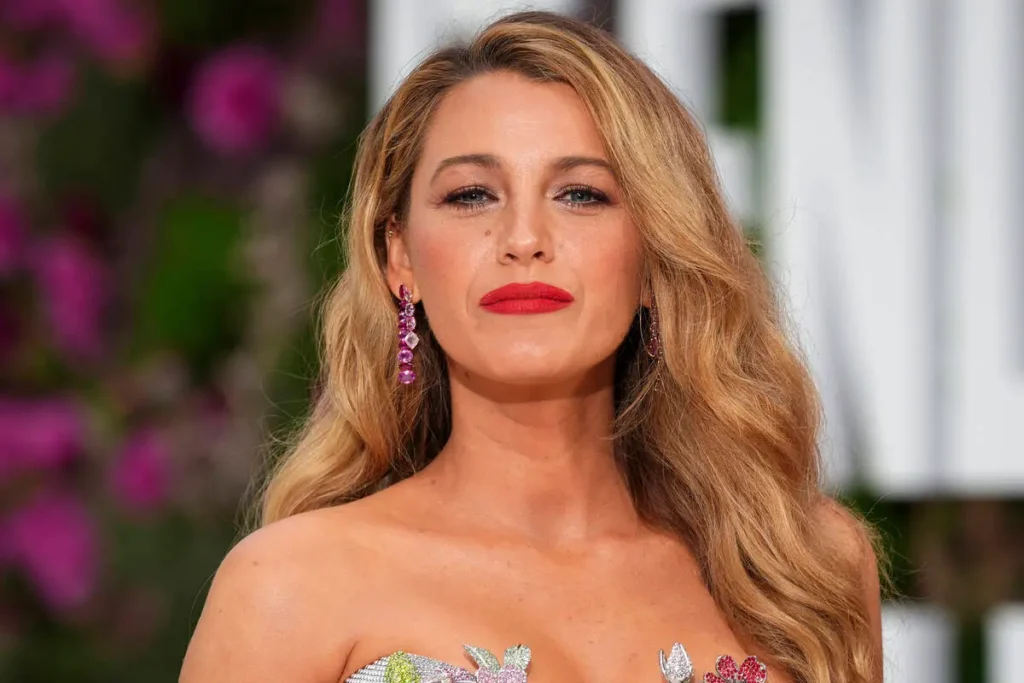
Actress Blake Lively is now making headlines for a different reason this week — her decision to take a stand against alleged workplace harassment. In a bombshell lawsuit filed against her It Ends With Us co-star and director Justin Baldoni, Lively accuses him of sexual harassment and orchestrating a campaign to smear her name. This case not only shines a light on misconduct in Hollywood but also underscores a broader societal issue: why do women continue to face public shaming when they choose to speak out?
The allegations that rocked Hollywood
Lively’s legal complaint paints a troubling picture of her experience on the set of It Ends With Us. Among the allegations, Baldoni is accused of improvising intimate scenes without her consent, making inappropriate comments about her personal life, and fostering a hostile work environment. Perhaps most chilling are the accusations that Baldoni’s team planned to unleash a smear campaign against her on social media, reportedly drawing inspiration from the online attacks faced by public figures like Hailey Bieber.
Texts cited in the lawsuit suggest an orchestrated effort to discredit Lively, targeting her personal and professional reputation. In an industry where image is everything, such actions — if true — are not just unethical but devastatingly effective in silencing dissent.
Women supporting women
The response to Lively’s lawsuit has been powerful and, in many ways, hopeful. Her former Sisterhood of the Traveling Pants co-stars Amber Tamblyn, America Ferrera, and Alexis Bledel issued a joint statement standing firmly by her side. “No woman should have to endure this,” the statement read, adding, “We stand with Blake, as we always have.”
This display of solidarity feels particularly significant in an industry that often pits women against one another. Lively’s case reminds us that women are not just victims of systemic inequities but are often subjected to intentional efforts to undermine their credibility and careers.
A systemic issue, not a singular event
Lively’s allegations are part of a broader conversation about how women are treated when they challenge power dynamics. From smear campaigns to character assassinations, the tactics are as old as they are insidious. Women who dare to demand respect and accountability are often met with resistance that goes beyond professional pushback — it becomes deeply personal.
Hollywood, for all its glitter, has a history of enabling such behaviour. The entertainment industry — and society at large — has a long way to go in ensuring women can speak out without fear of being vilified.
Breaking the cycle of silence
Blake Lively’s decision to take legal action was undoubtedly hard. By stepping forward, she’s not only fighting for her own justice but also creating a path for others to follow. It’s a reminder that silence is not the solution — and that public shaming and cancel culture shouldn’t be the consequences of courage.
In a world where women are still demonized for their choices, Lively’s case is a rallying cry. It’s time to stop vilifying women who speak out and instead start holding those in power accountable for their actions. For too long, women have been asked to accept the unacceptable. This moment demands change, and Blake Lively is helping lead the charge.


